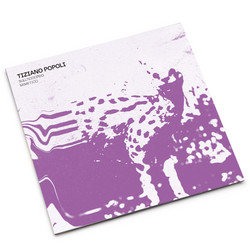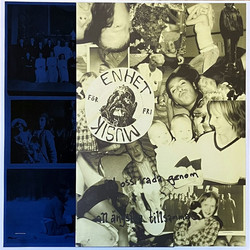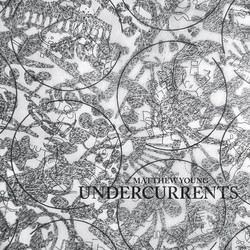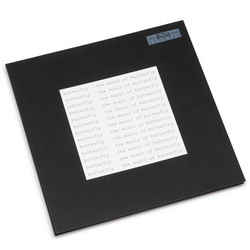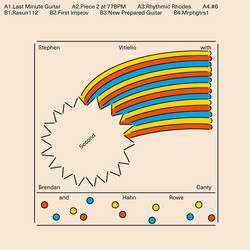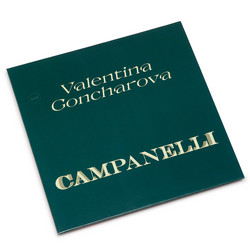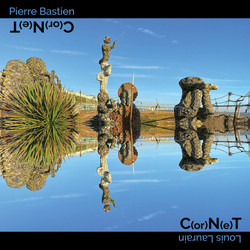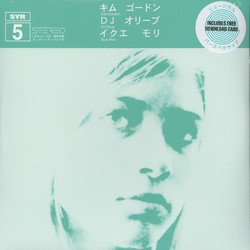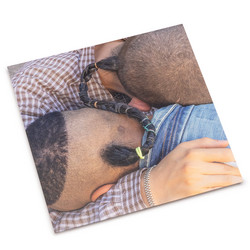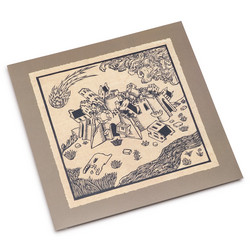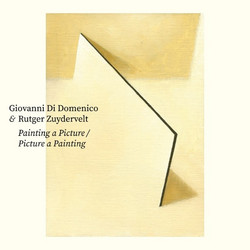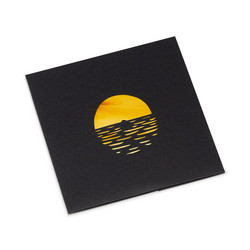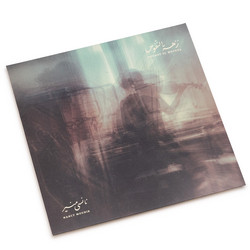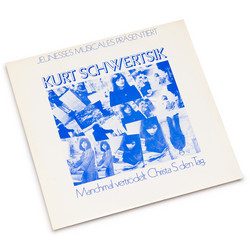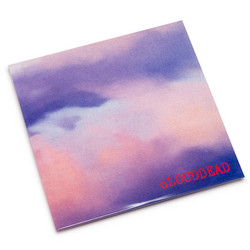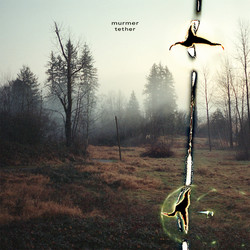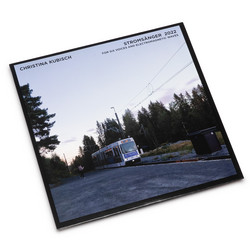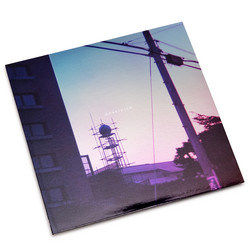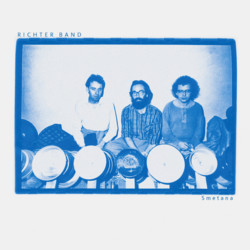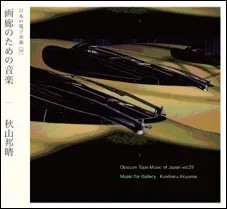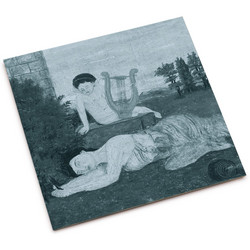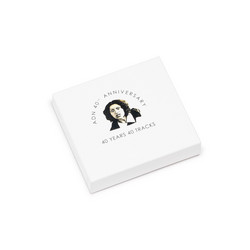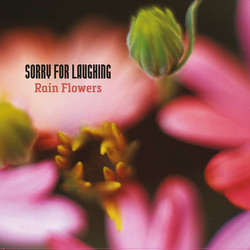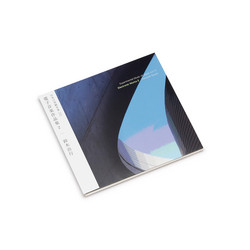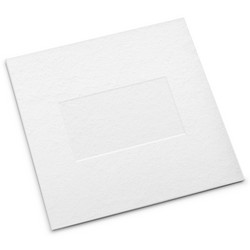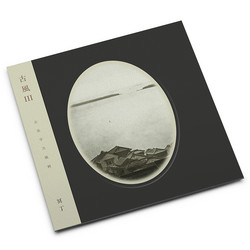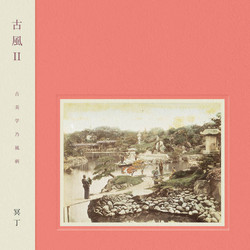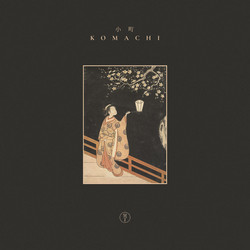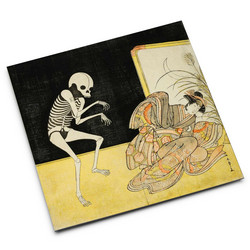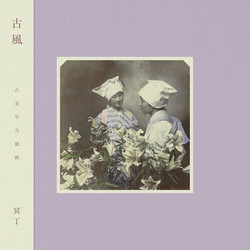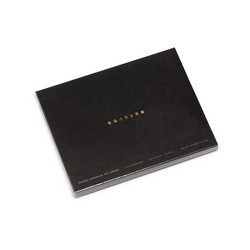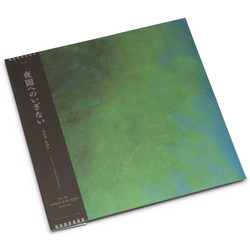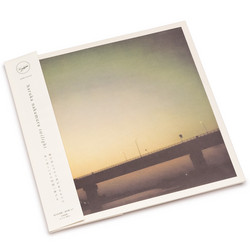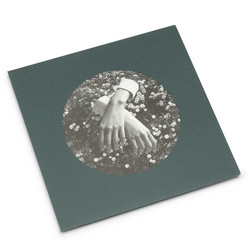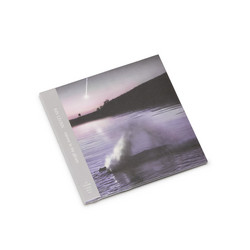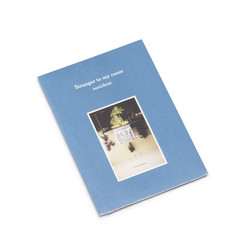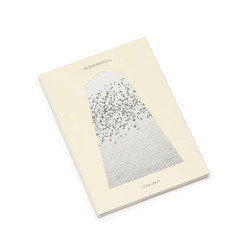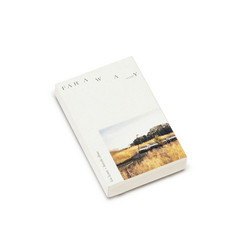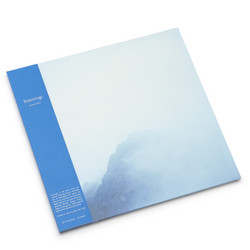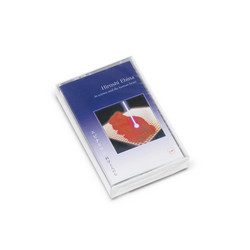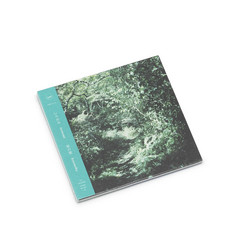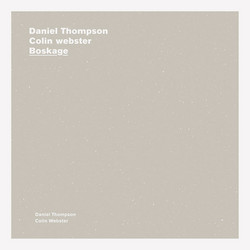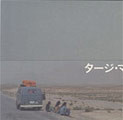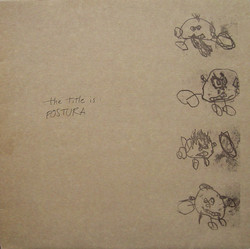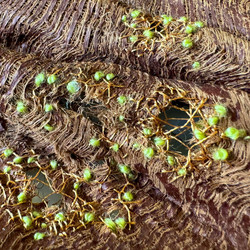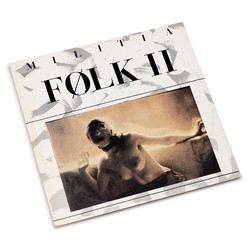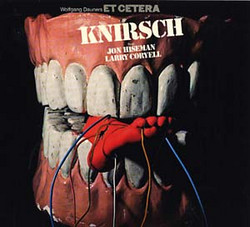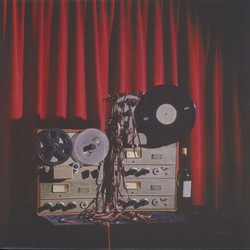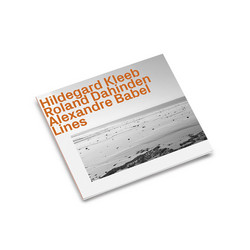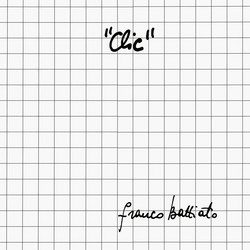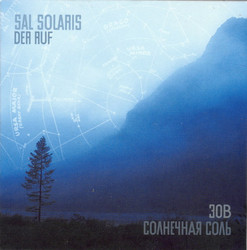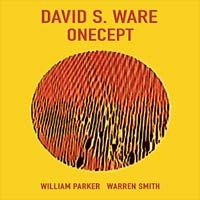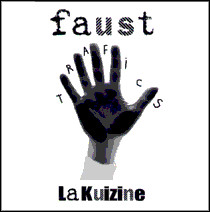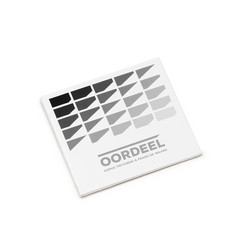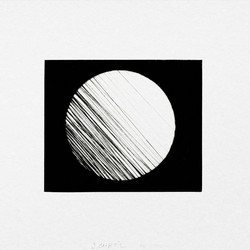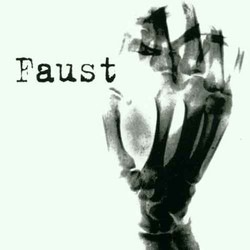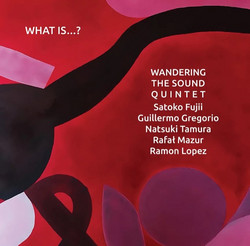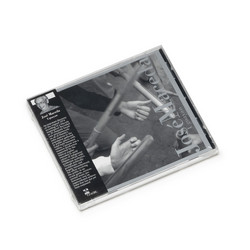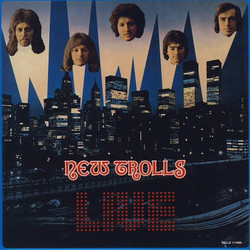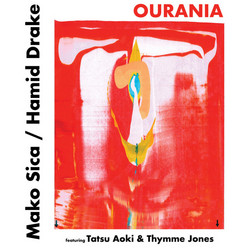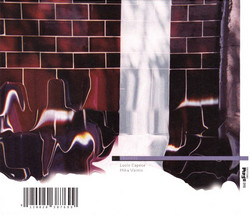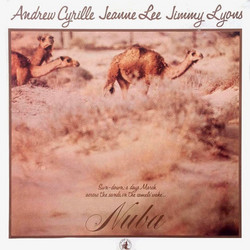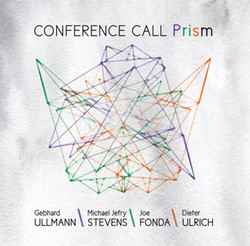* Glass-mastered CD housed in a die-cut customised debossed outer case (14.5 x 14.5cm) with rounded obi, 16pp inserts with words in Japanese and English from Meitei. Offset printed, full colour on premium matt paper. * Meitei’s 2020 album Kofū was the bold bookend to an expedition, where sounds were first navigated and then subverted in 2018’s Kwaidan and 2019’s Komachi. All three albums were Meitei’s attempt at immersive storytelling, reimagining moments of Japanese history he felt were being washed away – not least by the unforgiving sands of time – through wistful composi- tions that stretched across ambient music, hauntology, and musique concrete.
After Kofū, Meitei found he was left with over 60 fully realized tracks, bursting with ideas that fired in divergent, curious directions. He realized his work wasn’t over yet.
Meitei sounds right at home celebrating the past he first reimagined in his previous work. The merriment is palpable in its first two tracks of Kofū II – a loop of cheery whistling amidst the clanking of wood leads into strings, cricket sounds and flutes, all united in bustling harmony. Happyaku-yachō is where it comes into focus. Pitch-shifted vocal samples roam around in the crowded sonic field as Meitei conjures the vibrancy of a dense Edo of the past. The affair becomes bittersweet as the track leads into the desolate Kaworu, a composi- tional piece lifted from his Komachi sessions – a final requiem to his late grandmother.
The album is bursting with spectral vignettes of wandering samurais, red lanterns, ninjas, puppet theatres, poets, even a vengeful assassin (Shurayuki hime, known to Western audiences as ‘Lady Snow- blood’).
Saryō is as elegant and refined as you would expect. It induces stillness in its repetition, with each synth note a brushstroke. It was inspired by a Sengoku-era tea house he once visited, designed by national icon Sen no Rikyū. Meitei tied it to the reaction he felt while poring over the ink paintings in his grandmother’s house. “The decayed earthen walls and faded tatami mats gave me an emotional impression,” he says. “And the cosmic flow of time drifting in the small room. I decided to put my impression of this into music.”
In Akira Kurosawa, an appropriately thunderous track, Meitei finds deep resonance in his vast filmogra- phy, which drew equally from Japan’s rich heritage and troubled circumstances post-WWII.
Kofū II is not a leftovers album, nor is it a straightfor- ward companion piece. In this album, Meitei has his biggest reckoning with the Japanese identity yet. Over the years, he has attempted to peel back what he believes has defined Japan and its people. After seeking answers with three full-length albums, his fourth poses more questions. If his first three albums inspired a sense of longing – or, perhaps inevitably, fed an irreparable nostalgia doomed to history – Kofū II compels us to reassess our relationship with the past. By constantly looking back, are we ever afforded a clearer present? After capturing the “lost Japanese mood”, where does that leave its country in the modern world? Meitei offers no immediate answers with Kofū II. It forces you to sit with its disparate moods, to meditate amidst the textured fragments.
